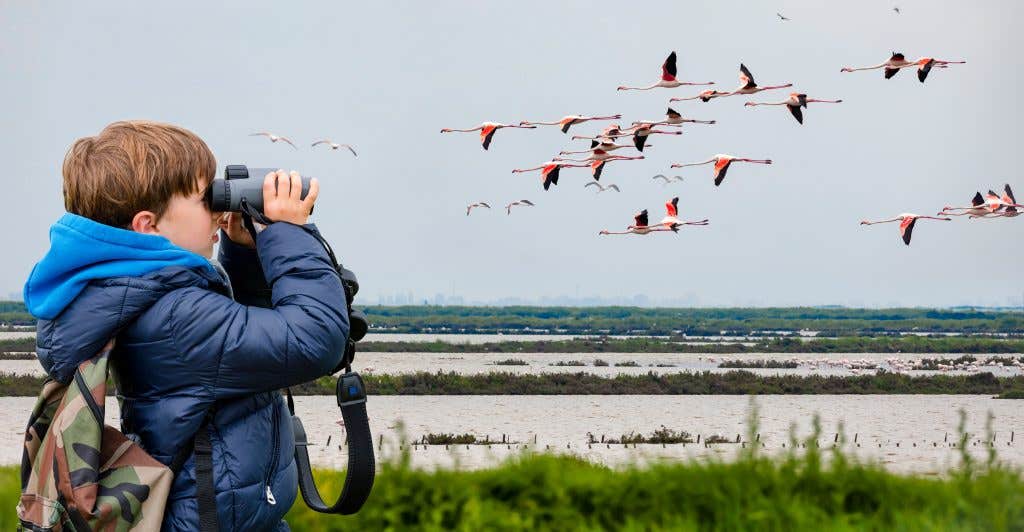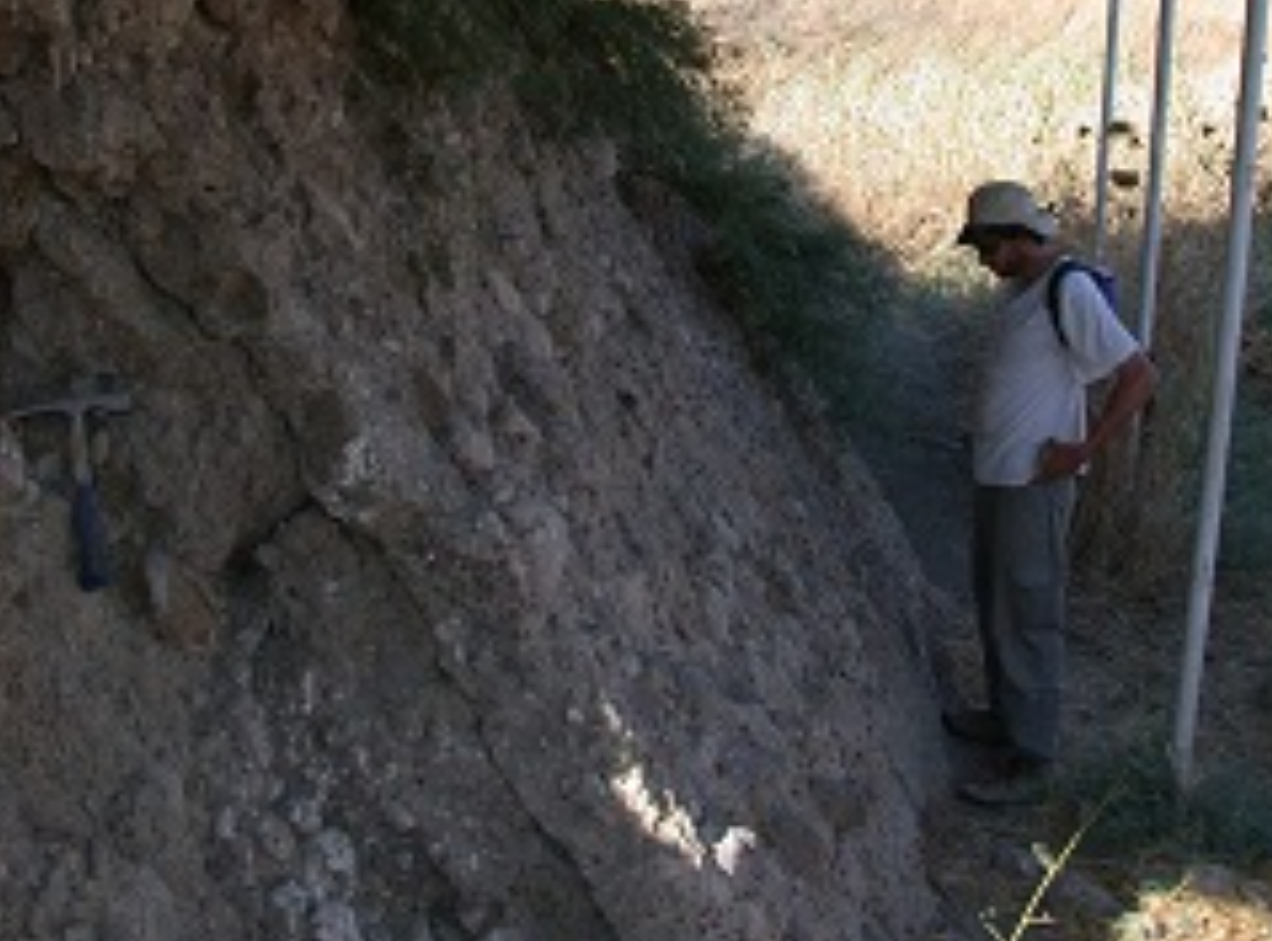Birdwatching can significantly improve student mental health, study finds
In the quest to enhance mental well-being among college students, a recent study points to a simple yet effective activity: birdwatching.

In the quest to enhance mental well-being among college students, a recent study points to a simple yet effective activity: birdwatching. This research, emerging from North Carolina State University, suggests that regular interactions with nature, particularly through birdwatching, can significantly boost mental health.
The study, led by Nils Peterson, a professor of forestry and environmental resources, emphasizes the mental health crises facing adolescents and college students, especially during the ongoing challenges of the pandemic.
"Bird watching is among the most ubiquitous ways that human beings interact with wildlife globally," Peterson explains, highlighting the accessibility of this activity on college campuses, even in urban environments.
To assess the impact of nature-based activities on well-being, researchers employed the World Health Organization-Five Well-Being Index (WHO-5), a brief survey that asks respondents to rate their feelings over the previous two weeks. Ratings range from zero (never felt well) to five (constantly felt well), with the total score indicating overall quality of life.
Participants in the study were divided into three groups: one control group, one assigned to five nature walks, and another to five 30-minute birdwatching sessions.
Over the course of the study, all groups showed improvements in their WHO-5 scores, but the birdwatching group experienced the most significant gains, starting from lower well-being scores and achieving higher scores by the end.
Related Stories:
In addition to the WHO-5, researchers also used STOP-D, a questionnaire designed to measure psychological distress. Results showed that engaging with nature, whether through walking or birdwatching, was more beneficial than no intervention at all, with both active groups reporting decreases in psychological distress.
Peterson notes that this study stands out from previous research by comparing the effects of nature engagement to a neutral control group rather than to negative stimuli, such as the sound of traffic. "We had a neutral control where we just left people alone and compared that to something positive," he said.
The findings are promising, not only in demonstrating the mental health benefits of birdwatching but also in opening new avenues for future research. Further studies could explore the reasons behind the therapeutic effects of birdwatching and consider factors such as race, gender, and other demographic influences.
This study reinforces the potential of birdwatching as a readily accessible and beneficial activity for college students, providing a simple strategy to combat the growing mental health issues within this demographic.
The paper, “Birdwatching linked to increased psychological well-being on college campuses: A pilot-scale experimental study,” is published in the journal Environmental Psychology.
Co-authors include Lincoln Larson, Aaron Hipp, Justin M. Beall, Catherine Lerose, Hannah Desrochers, Summer Lauder, Sophia Torres, Nathan A. Tarr, Kayla Stukes, Kathryn Stevenson and Katherine L. Martin, all from NC State.
For more science and technology stories check out our New Innovations section at The Brighter Side of News.
Note: Materials provided above by The Brighter Side of News. Content may be edited for style and length.
Like these kind of feel good stories? Get the Brighter Side of News' newsletter.



